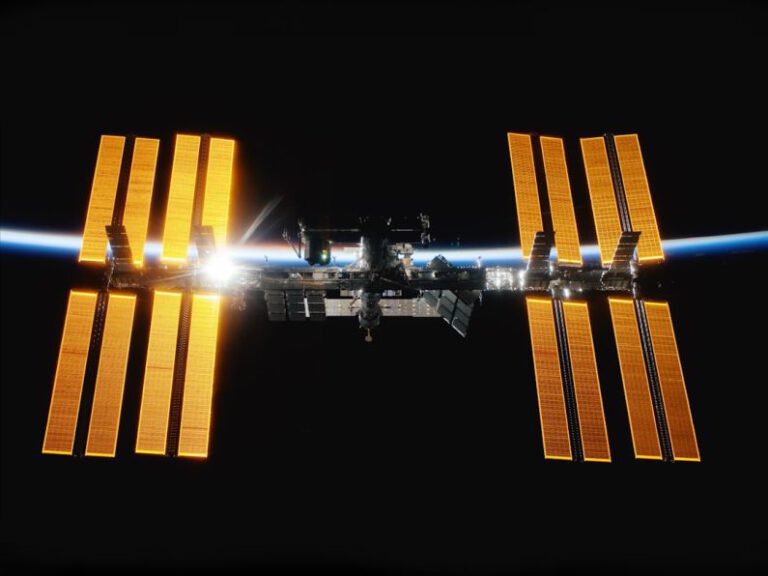Deep Space Missions: Exploring the Unknown
The vast expanse of space has always captivated human curiosity, driving us to boldly go where no one has gone before. Deep space missions represent the pinnacle of human achievement in exploration, pushing the boundaries of our knowledge and understanding of the universe. With advancements in technology and a collective spirit of discovery, we continue to embark on missions that take us further into the cosmos than ever before.
Unveiling the Mysteries of the Universe
Deep space missions offer a unique opportunity to unveil the mysteries of the universe that have long eluded us. By venturing beyond the confines of our solar system, we gain insight into the origins of the cosmos, the formation of galaxies, and the existence of other celestial bodies. These missions provide invaluable data and observations that help scientists unravel the complexities of space and time, shedding light on the fundamental questions that have puzzled humanity for centuries.
Exploring Uncharted Territories
One of the most thrilling aspects of deep space missions is the exploration of uncharted territories. As spacecraft venture into the unknown reaches of space, they encounter phenomena and environments that have never been witnessed before. Whether it’s navigating asteroid fields, studying distant planets, or observing the birth of stars, these missions offer a glimpse into the diverse and wondrous landscapes that exist beyond our own solar system.
Pushing the Boundaries of Technology
Deep space missions serve as a driving force for technological innovation, pushing the boundaries of what is possible in space exploration. From advanced propulsion systems to cutting-edge imaging technology, these missions require the development of state-of-the-art equipment and instruments that can withstand the rigors of deep space travel. By pushing the limits of technology, we not only advance our capabilities in space exploration but also drive innovation in other areas of science and engineering.
The Search for Extraterrestrial Life
One of the most compelling reasons for embarking on deep space missions is the search for extraterrestrial life. With the discovery of exoplanets that may harbor the conditions for life, scientists are eager to explore these distant worlds in the hopes of finding evidence of alien organisms. Deep space missions equipped with specialized instruments and sensors are crucial in our quest to answer the age-old question: are we alone in the universe?
Overcoming Challenges and Risks
Deep space missions are not without their challenges and risks. The vast distances involved, the harsh conditions of space, and the potential for equipment failure make these missions incredibly complex and risky. However, it is precisely these challenges that drive us to push the boundaries of exploration and expand our understanding of the universe. By overcoming these obstacles, we pave the way for future generations to continue the legacy of exploration and discovery in deep space.
Charting the Course for the Future
As we continue to push the boundaries of deep space exploration, we are charting the course for the future of humanity in space. By expanding our presence beyond Earth and venturing into the far reaches of the cosmos, we open up possibilities for colonization, resource extraction, and new avenues for scientific research. Deep space missions represent a crucial step in our journey towards becoming a multiplanetary species, ensuring the survival and prosperity of humanity in the vast expanse of space.
In Conclusion: A New Era of Exploration
Deep space missions stand as a testament to human ingenuity, curiosity, and resilience in the face of the unknown. With each mission, we inch closer to unlocking the mysteries of the universe and expanding our horizons beyond the confines of our own planet. As we continue to explore the depths of space, we embark on a new era of exploration that promises to shape the future of humanity and redefine our place in the cosmos.






